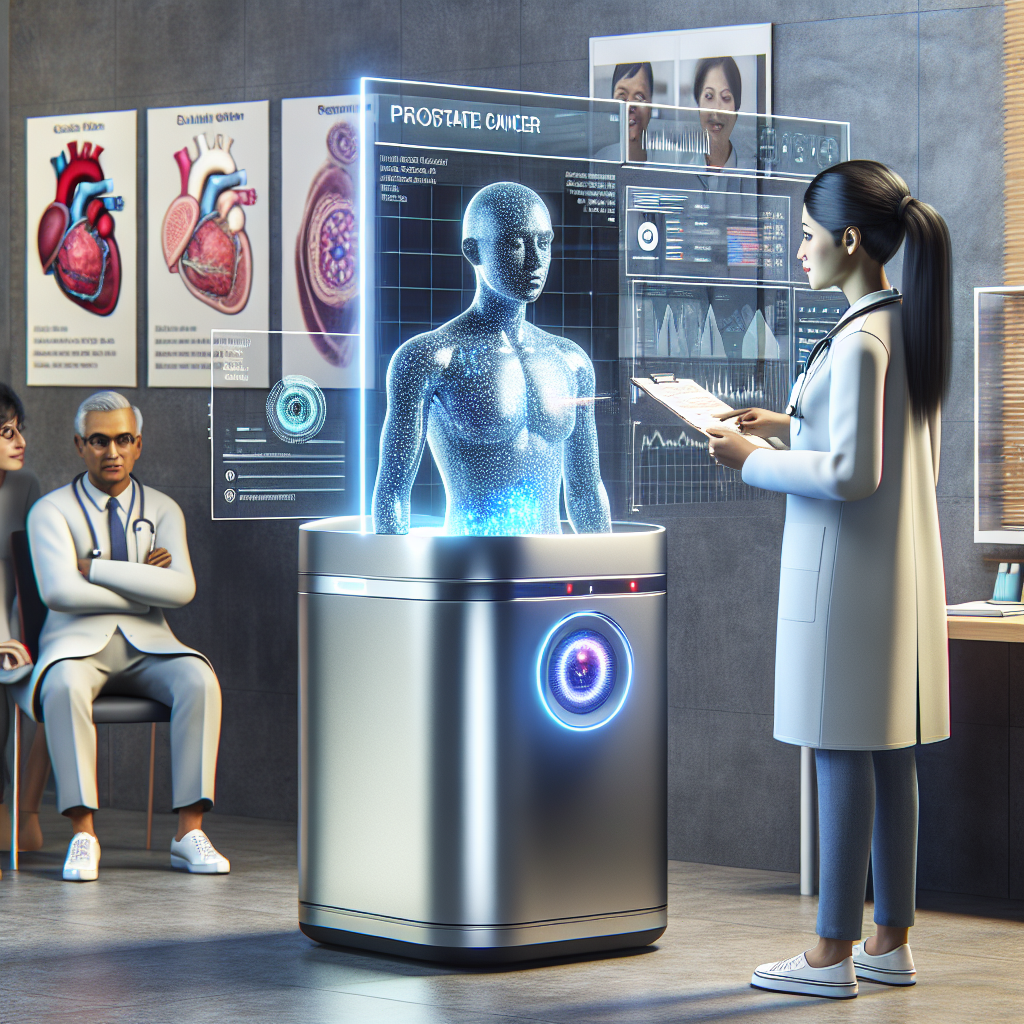AI Revolutionizing Prostate Cancer Treatment
In 2011, IBM’s Watson made headlines by defeating human champions on the quiz show Jeopardy!. At the time, few could have predicted that this same artificial intelligence technology would one day help doctors improve prostate cancer treatment outcomes. Today, AI is not just a futuristic concept—it is actively transforming how we diagnose, treat, and manage prostate cancer.
How AI is Enhancing Prostate Cancer Diagnosis
One of the most critical aspects of prostate cancer treatment is early and accurate diagnosis. Traditionally, doctors rely on biopsies, imaging, and prostate-specific antigen (PSA) tests to determine the presence and severity of cancer. However, these methods are not always precise, leading to overtreatment or missed diagnoses.
AI is changing this by analyzing vast amounts of patient data to provide more accurate and personalized assessments. Some of the key benefits of AI in diagnosing prostate cancer include:
- Improved Imaging Analysis: AI-powered imaging tools can detect cancerous tissues with greater accuracy than traditional methods, reducing the risk of missed diagnoses.
- Efficient Biopsy Interpretation: AI algorithms can evaluate biopsy slides and provide a second opinion, reducing the likelihood of errors in pathological assessments.
- Predictive Modeling: By analyzing patient history and genetic markers, AI helps doctors predict which patients are at higher risk, allowing for earlier interventions.
Personalized Treatment Plans with AI
Prostate cancer treatment is not one-size-fits-all. The effectiveness of surgery, radiation, hormone therapy, or active surveillance varies from patient to patient. AI-driven algorithms analyze medical records, genetic information, and previous treatment outcomes to recommend the most effective approach tailored to individual patients.
The advantages of AI-driven treatment planning include:
- Optimized Radiation Therapy: AI enhances precision in radiation therapy, minimizing damage to surrounding healthy tissues while effectively targeting cancer cells.
- Real-Time Treatment Adjustments: With continuous data monitoring, AI can adjust treatment regimens based on how a patient responds, ensuring optimal results.
- Reducing Side Effects: By understanding each patient’s unique biology, AI helps minimize unnecessary treatments that may cause severe side effects.
AI’s Role in Prostate Cancer Research
Beyond diagnosis and treatment, AI is accelerating prostate cancer research. Machine learning models analyze millions of records to identify trends, potentially leading to breakthroughs in new therapies. AI is also facilitating drug discovery by predicting which compounds are most likely to be effective in fighting prostate cancer.
Looking Ahead: The Future of AI in Prostate Cancer Care
With ongoing advancements, AI is set to become an even more powerful tool in the fight against prostate cancer. While challenges such as data privacy and regulatory approval remain, the potential benefits far outweigh the risks. As AI technology evolves, it will continue to refine and enhance prostate cancer treatment, offering patients better outcomes and improved quality of life.
To stay informed about the latest AI advancements in cancer treatment, visit News-Medical.net.

